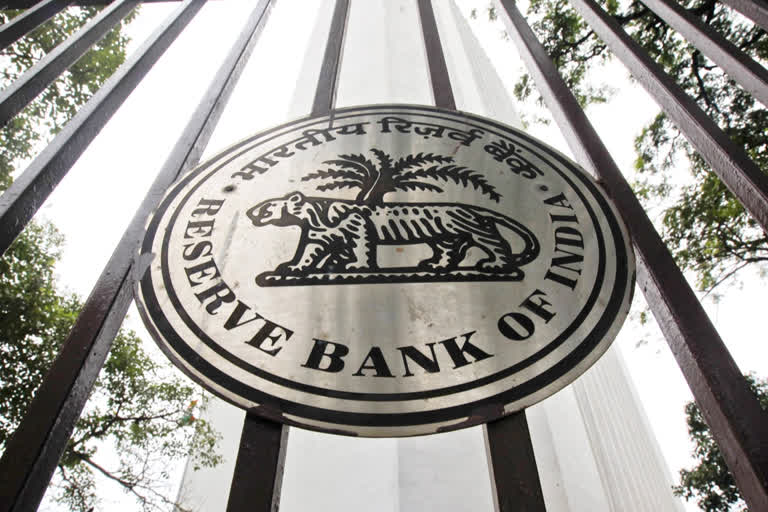Mumbai: The government will have to chart out a fresh glide path to bring down the fiscal deficit once the normalcy is restored, an article published in the monthly bulletin of the Reserve Bank has suggested.
The union government's fiscal situation is expected to worsen in view of the low tax realisation, higher expenditure on healthcare and overall disruption in economic activities following the coronavirus outbreak.
The country's fiscal deficit soared to a seven-year high of 4.6 per cent of the Gross Domestic Product (GDP) in 2019-20, as per the latest data provided by the Controller General of Accounts (CGA).
The government, while unveiling the budget proposals for 2020-21 in February, had proposed to bring down the fiscal deficit to 3.5 per cent of the GDP. The budget was presented about two months before the country affected lockdown on March 25 to deal with the COVID-19 pandemic.
"The deterioration in provisional accounts for 2019-20 can be attributed to tax revenue shortfall, both cyclical and structural," said the RBI article.
Given that the budget estimates of 2020-21 were projected on the basis of 2019-20 RE, a shortfall in tax revenue collections in 2019-20 (Provisional Accounts) vis--vis 2019-20 (Revised Estimates) may distort the fiscal arithmetic for 2020-21.
"This could be further impacted adversely by COVID-19 related macroeconomic effects in 2020-21, especially Q1. Against this backdrop, fiscal effort in 2020-21 has to be calibrated and judicious, while simultaneously charting out a glide path back to fiscal rectitude once the rough waters calm," said the RBI article.
Read more:India 9th largest recipient of FDI in 2019, will continue to attract investments: UN
The Fiscal Responsibility and Budget Management (FRBM) Rules, 2004, specifies annual targets and mandates the central government to reduce the fiscal deficit by an amount equivalent to 0.1 per cent or more of GDP per year.
The bulletin said the article has been prepared by Sangita Misra, Samir Ranjan Behera, Kaushiki Singh and Saksham Sood of the Department of Economic and Policy Research, RBI.
The bulletin, however, said that "views expressed are of the authors and do not pertain to the institution they belong to".
While raising the fiscal deficit target to 3.8 per cent of the GDP from 3.3 per cent pegged earlier for 2019-20, the government had utilised 'escape clause' under the FRBM Act which provides it leeway for relaxation of fiscal deficit roadmap during time of stress.
India had imposed a lockdown on March 25 with an aim to restrict the spread of coronvirus. Economic activities in the country have been severely impacted due to the lockdown. With Unlocking starting this month, there have been pickup in economic activities.
During 2018-19, the fiscal deficit was 3.4 per cent the GDP. The government had said it would have restricted it to 3.3 per cent but for the income support to farmers. The government had provided Rs 20,000 crore towards the income support for 2018-19 while presenting the Interim Budget for 2019-20 (February 1, 2019).
(PTI Report)



